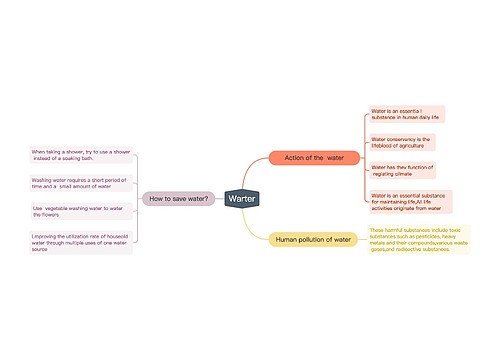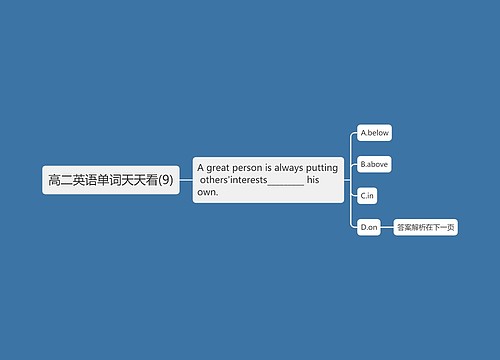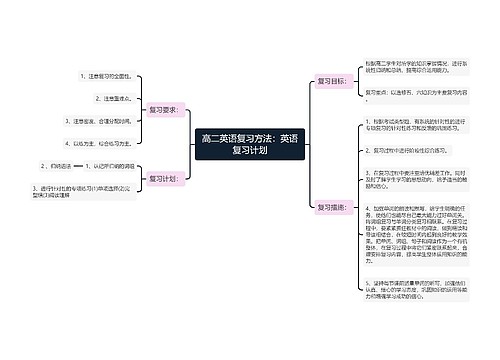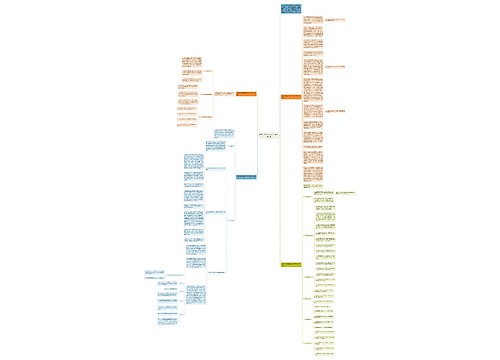Jean-Michael Lourdis was a promising young pianist. But when the young man played, it seemed to him, as if his hands were iron. He worried so much about his playing that he became oversensitive (过度敏感的) to the comments of his playing. Unfortunately, in those days, a critic(批评家) was not considered a critic, unless he found something wrong. This attitude of the critics would often leave the young man ready to give up his dream and return home.
He was invited to play in Helsinki. The rich, the famous, the leaders of State were all there. Jean-Michael had one of those days when everything went wrong. That night as he played, he felt as if it were the worst concert of his young life. The next day, in the newspapers, some of the comments were so unkind. The young musician was painful.
That day, as he sat in his hotel room in total despair(绝望), there came a knocking at his door. He had a visitor. The famous Finnish composer(作曲家) Jean Sibelius had come by to congratulate the young pianist on his performance. Jean-Michael asked how he thought of that and began to quote some of the newspaper critics. "Hands of iron. No imagination. Little skill, no joy. Don't you hear what they say?" he asked.
Jean Sibelius looked at young Jean-Michael and said, " Remember, son, there is no city in the world where they have erected a statue(雕像) for a critic."
(1)、According to the passage, Jean-Michael Lourdis _________.
B:cared too much about what the critics had said
C:refused to play in Helsinki
D:was praised highly by the critics
(2)、A critic in those days usually _________.
A:found fault with musicians' performances
B:said kind and encouraging words to musicians
C:helped musicians become famous
D:asked more people to go to concerts
(3)、The young musician was painful because __________..
A:he was very strict with himself
B:he didn't trust himself
C:some of the comments were so unkind
D:he felt lonely in his hotel room
(4)、The comments mentioned all EXCEPT __________.
(5)、Jean Sibelius came to visit the young musician because __________.
A:he wanted to tell the young man the critics were right
B:he wanted to tell the young man not to lose his temper at that time
C:he wanted to tell the young man his performance was great
D:he wanted to tell the young man to respect the critics' opinion

 U245265618
U245265618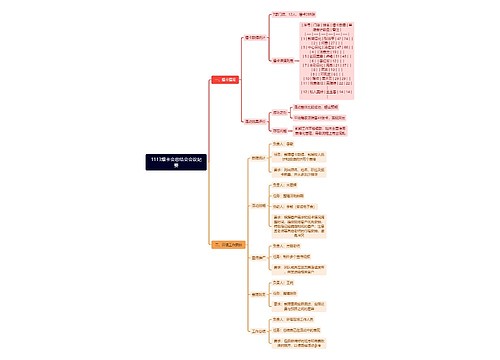
 U882667602
U882667602

